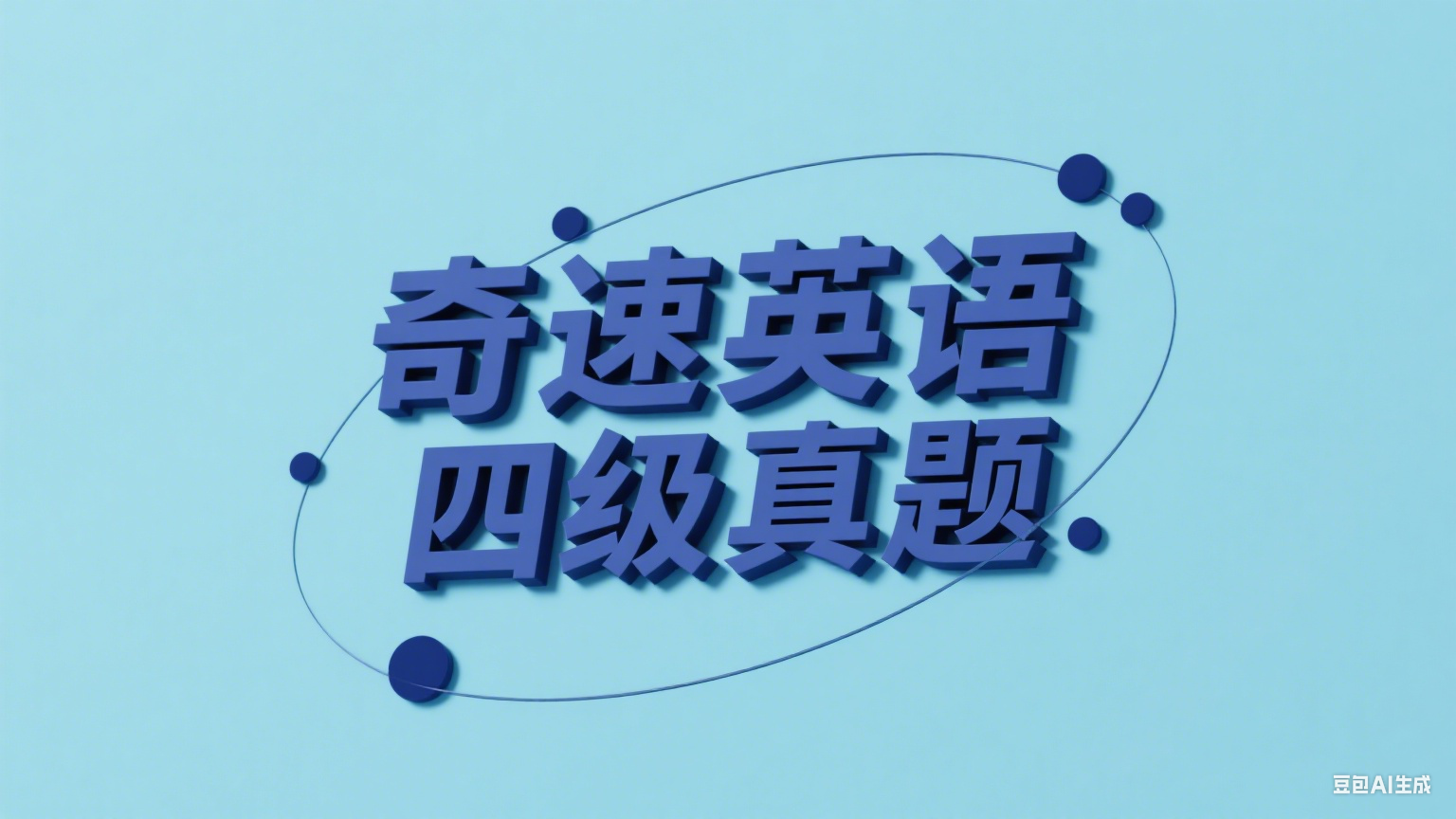四级真题2024年6月第二套 Passage Two

① Today, most scientific research is funded by government grants, companies doing research and development, and non-profit foundations. As a society, we reap the rewards from this science, but we also help pay for it. You indirectly support science through taxes you pay, products and services you purchase, and donations you make.
② Funding for science has changed with the times. Historically, science has been largely supported through private patronage (资助), church sponsorship, or simply paying for the research yourself. Today, researchers are likely to be funded by a mix of grants from various government agencies, institutions, and foundations. Other research is funded by private companies. Such corporate sponsorship is widespread in some fields. Almost 75% of U.S. clinical trials in medicine are paid for by private companies. And, of course, some researchers today still fund small-scale studies out of their own pockets. Most of us can’t afford to do nuclear research as a private hobby, but birdwatchers, rock collectors, and others can do real research on a limited budget.
③ In a perfect world, money wouldn’t matter — all scientific studies would be completely objective. But in the real world, funding may introduce biases. Drug research sponsored by the pharmaceutical ( 制 药 的 ) industry is more likely to end up favoring the drug under consideration than studies sponsored by government grants or charitable organizations. Similarly, nutrition research sponsored by the food industry is more likely to end up favoring the food under consideration than independently funded research.
1. 2. What do we learn from the passage about researchers like birdwatchers and rock collectors?(细节理解)
A They have little access to government funding.
B They can do research with limited resources.
C They can do amateur work in their own fields.
D They have no means for large-scale research.
2. 3. What would scientific studies look like in a perfect world according to the author?(细节理解)
A They would be totally unbiased.
B They would be independently funded.
C They would be responsibly conducted.
D They would be strictly supervised.

